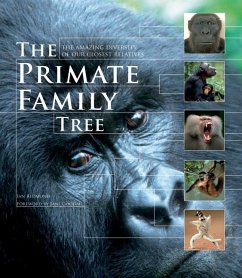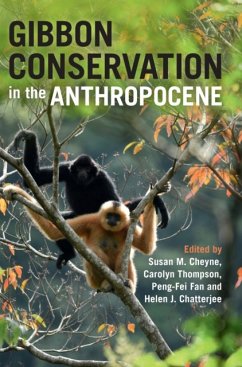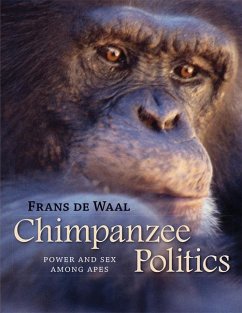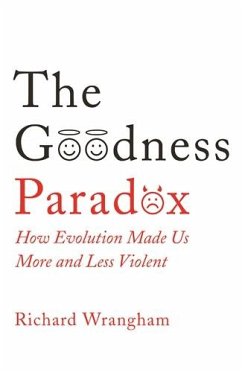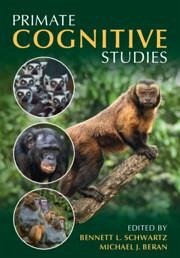
Primate Cognitive Studies
Versandkostenfrei!
Versandfertig in über 4 Wochen
36,99 €
inkl. MwSt.

PAYBACK Punkte
18 °P sammeln!
This book provides comprehensive and up-to-date chapters from experts on the cognition of non-human primates, and describes how primate cognition is studied in labs, zoos, sanctuaries, and in the field. It analyses issues of replicability, open-access, and ethics, with strong emphasis on comparative approaches.






